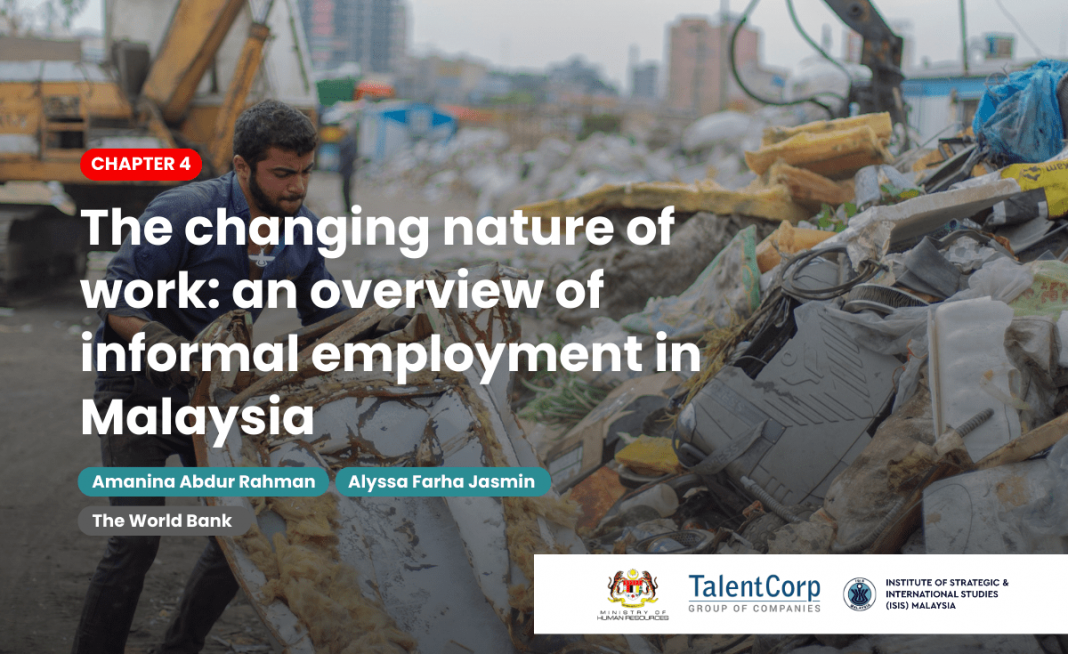Amanina Abdur Rahman and Alyssa Jasmin of the World Bank explore the impacts of the pandemic on informal workers who, due to their exclusion from employment-related protection, were rendered more economically vulnerable than formal workers. In The changing nature of work: an overview of informal employment in Malaysia, the authors provide a foundational look at the trends in informal employment and employment characteristics: likely youth or older workers and those who are less highly educated. In a bid to support their protection and productivity, Malaysia has taken significant strides towards developing policies and programmes for the informally employed through the Socso and Employees Provident Fund (EPF) schemes. They argue what lies ahead is a need for new approaches to be explored to improve individual- based protection. The dominant association of informal employment with gig work also runs the risk of excluding “traditional” informal workers in agriculture, forestry and fishery. Finally, the authors contend that informal workers are a heterogenous group and reflecting that nuance in the design of subsequent policies and social protection programmes is vital to the plight of informal workers.
By Amanina Abdur Rahman & Alyssa Farha Jasmin of the World Bank





